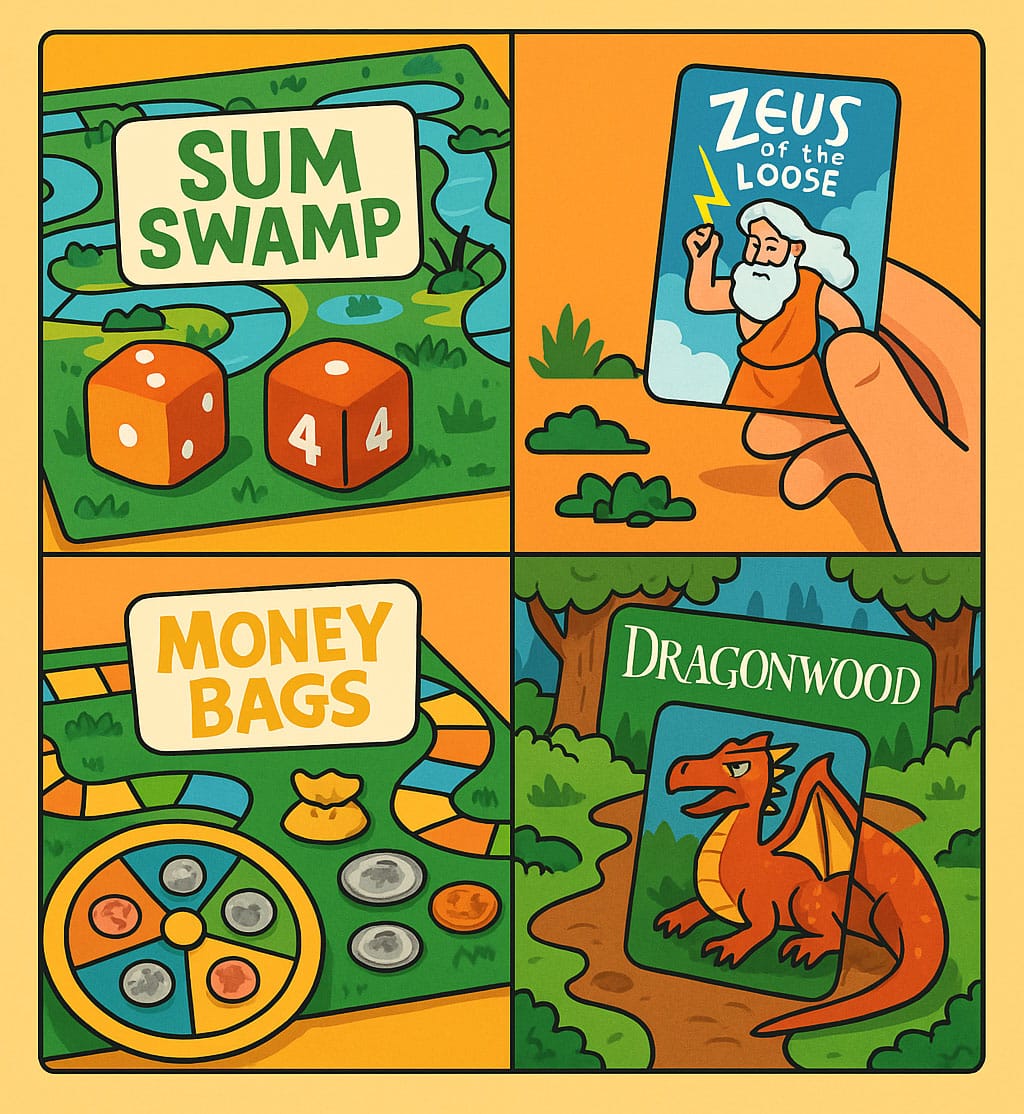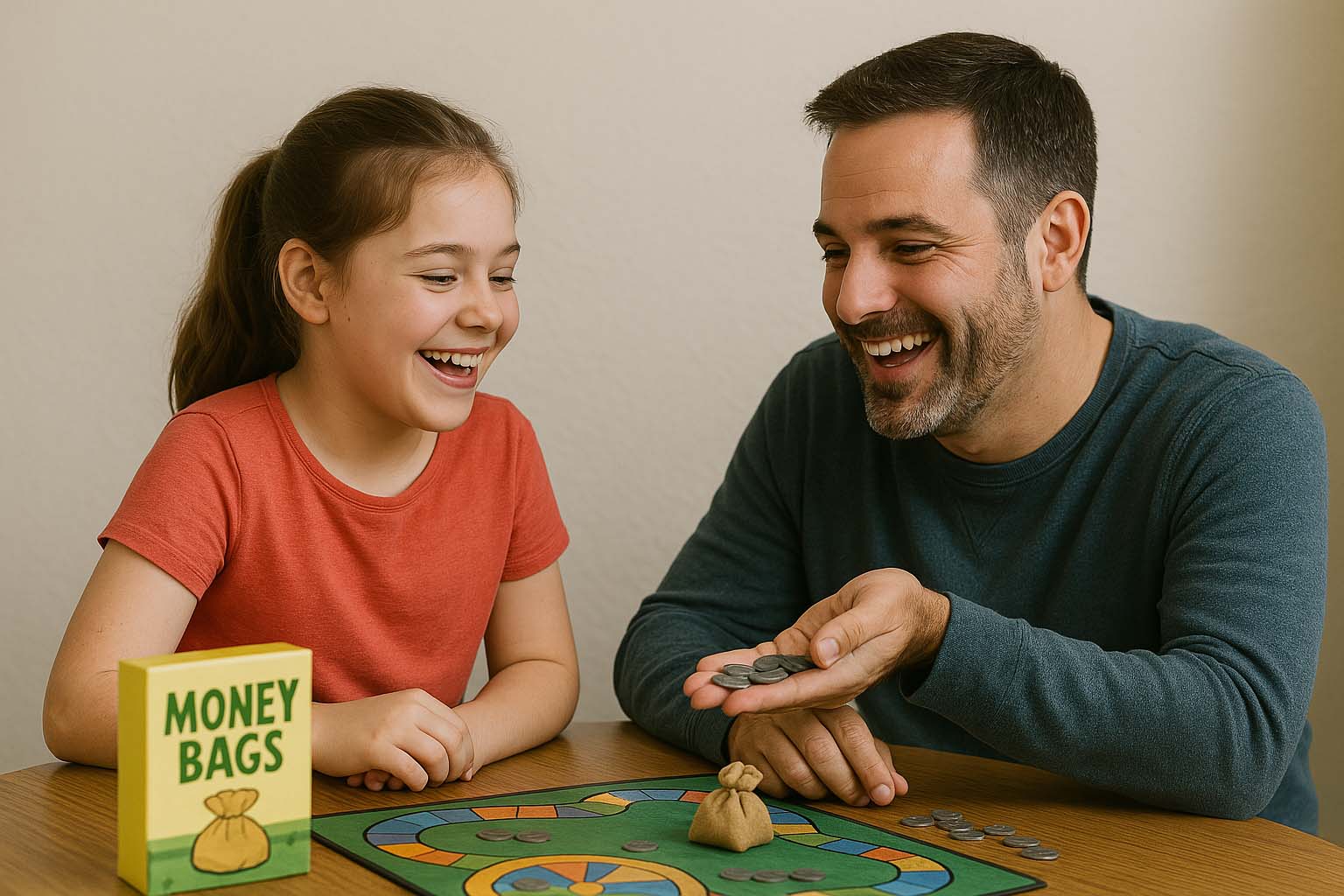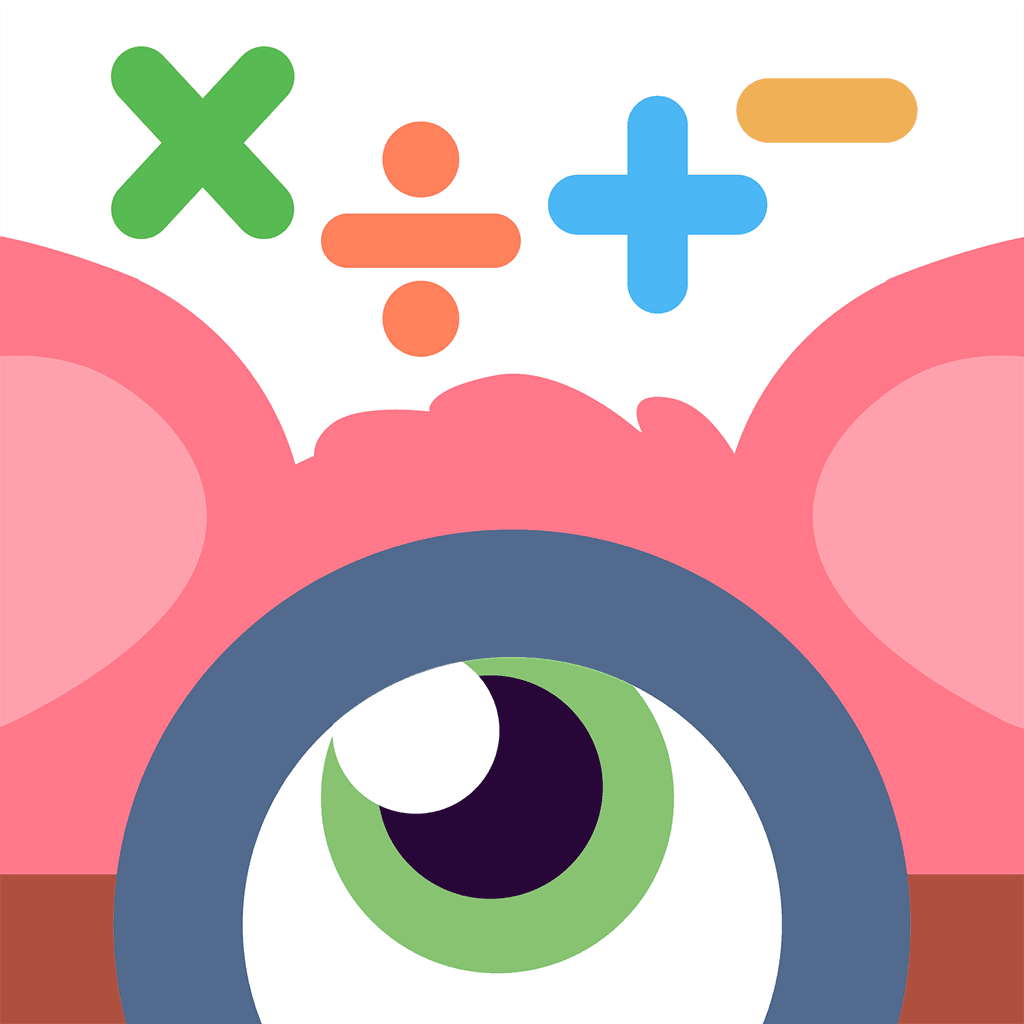🎲 7 Board Games That Sneak In Math (and ADHD Kids Love)
TL;DR Struggling to get your child with ADHD engaged with math? Traditional worksheets and drills often fall flat because they don't mesh with how ADHD brains crave novelty, interaction, and quick feedback. This article focuses on board games that can make Math really fun for kids with or without ADHD - and involve the whole family while doing so!
If your child has ADHD, you already know: getting them to sit still for math homework is like herding squirrels on espresso.
But here’s the wild part—it’s not that your child hates math. It’s that the way we teach math completely ignores how ADHD brains work.
Instead of worksheets and flashcards, imagine this: your child laughing, strategizing, and solving math problems voluntarily—because it’s baked into a game they can’t wait to play.
Yes, it’s possible. And this post will show you the 7 best board games for kids with ADHD that also build real math skills—plus the science that explains why they work.
🧠 Why Traditional Math Fails Kids with ADHD
Most math teaching is passive, repetitive, and slow. But ADHD brains thrive on novelty, movement, instant feedback, and dopamine-rich rewards.
Here’s what the research says:
ADHD brains have dysregulated dopamine pathways, which makes it harder to stay motivated unless a task is stimulating.
Game-based learning activates the brain’s reward system, improves executive function, and leads to better retention and engagement.
A 2020 study published in Frontiers in Psychology found that children with ADHD who engaged in game-based learning demonstrated significant improvements in attention, memory, and problem-solving skills compared to those learning through traditional instruction.
Translation? If you want your child with ADHD to fall in love with math—make it a game.
✅ What Makes a Math Game ADHD-Friendly?
Not all board games are created equal—especially for neurodivergent learners. Here's what to look for when choosing a math board game for your ADHD child:
🔁 Fast-paced gameplay (no long turns)
👁️ Visual and tactile elements (dice, tokens, spinners)
🔄 Clear structure with room for spontaneity
🧠 Built-in math skills, not just trivia
🎉 Frequent wins and feedback loops
🎭 Themes or characters that capture imagination
Now let’s break down the top ADHD-friendly math board games that parents love—and kids actually ask to play.
🎮 7 ADHD-Friendly Board Games That Build Math Skills

1. Sum Swamp
Best for: Ages 5–7
Math Skills: Addition, subtraction, even/odd numbers
Kids race through a colorful swamp by solving simple addition and subtraction problems with dice rolls. The silly monsters and fast turns keep the energy high—perfect for short attention spans.
🧩 Why ADHD Kids Love It: No waiting, no pressure, and lots of visual cues to stay engaged.
2. Money Bags
Best for: Ages 6–9
Math Skills: Money recognition, coin value, counting change
Players earn money through spins and then figure out the right combination of coins to keep it. It teaches practical math and makes coins exciting again.
💰 Why ADHD Kids Love It: There’s movement, choice, and real-world relevance (plus shiny coins!).
3. Zeus on the Loose
Best for: Ages 7+
Math Skills: Mental math, number sequencing, strategy
This fast-paced card game challenges players to reach a running total of 100—without going over—by playing number cards strategically. It’s like math meets mythology.
⚡ Why ADHD Kids Love It: Cards change the game every round, and the Greek god theme adds dramatic flair.
4. Dragonwood
Best for: Ages 7–9
Math Skills: Probability, strategy, simple arithmetic
In this fantasy adventure, players collect cards and roll dice to defeat mythical creatures. Math comes in when kids calculate odds, plan moves, and manage risks.
🐉 Why ADHD Kids Love It: It's a story-driven quest that keeps brains and imaginations fully engaged.
5. Prime Climb
Best for: Ages 8+
Math Skills: Multiplication, division, factorization, number sense
Beautifully designed with color-coded visuals, this game helps kids literally “see” how numbers work. It’s advanced, but rewarding—and highly visual.
🔴 Why ADHD Kids Love It: It feels like solving a puzzle, not a math test. And it’s stunning to look at.
6. Race to the Treasure
Best for: Ages 5–8
Math Skills: Spatial reasoning, addition, sequencing
A rare gem—this game is cooperative. Kids work together to build a path to treasure before the ogre gets there.
🤝 Why ADHD Kids Love It: No pressure, no “losers”—just teamwork, fun, and subtle math.
7. Sleeping Queens
Best for: Ages 6–9
Math Skills: Addition, memory, logic
Created by a 6-year-old, this charming card game has kids doing simple math and using memory to wake up whimsical queens and collect points.
👑 Why ADHD Kids Love It: Short, silly, and packed with cute characters and surprise twists.
🔄 What Happens When You Replace Math Worksheets with Games?
Let’s recap what parents are reporting—and what studies confirm:
📈 Better focus (even in kids who can’t sit through a worksheet)
😍 Higher motivation (because kids feel in control)
🧠 Stronger retention (thanks to repetition through play)
💬 Fewer meltdowns over math time

In short? When math feels like play, kids don’t just learn—they want to learn.
Looking for more ideas? Don’t miss our mega guide to ADHD & math success - it’s packed with parent-tested tactics.
FAQs
Look for games that offer:
- Fast-paced play: Minimizes waiting time between turns, keeping engagement high.
- Visual and tactile elements: Things like colorful boards, dice, spinners, and tokens provide sensory input and keep hands busy.
- Clear rules but room for spontaneity: Structure helps, but elements of surprise keep things interesting.
- Integrated math skills: The math should be part of the core gameplay, not just tacked on.
- Frequent feedback and small wins: Helps maintain motivation and builds confidence.
- Engaging themes: Characters, stories, or quests can capture a child's imagination.
🚀 Want to Take the Next Step? Try Monster Math.
Board games are amazing—but what about when you’re on the go? Or when your child wants screen time and you want learning?
That’s exactly why we created Monster Math:
- 🎮 A math app that’s built like a real game, not just game wrapping a worksheet
- 👾 Filled with adaptive levels and kid-approved monsters.
- 📊 Aligned with curriculum standards, but designed for ADHD attention spans.
Whether your child is practicing number bonds or battling boss monsters, Monster Math helps them feel successful—and actually enjoy math.
👉 Try it FREE at www.monstermath.app
📌 Final Word: You’re Not Fighting ADHD - You’re Unlocking It
Your ADHD child isn’t broken. They’re wired differently. And the minute you shift from “force and frustration” to “play and purpose,” everything changes.
Want your child to love math? Stop fighting their brain - and start feeding it what it craves.

